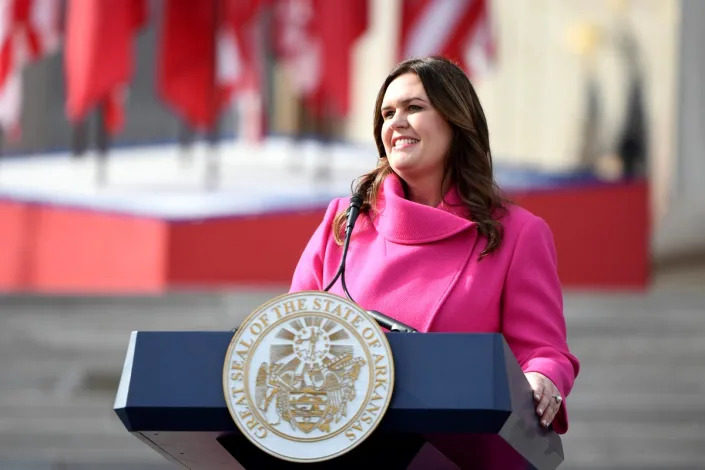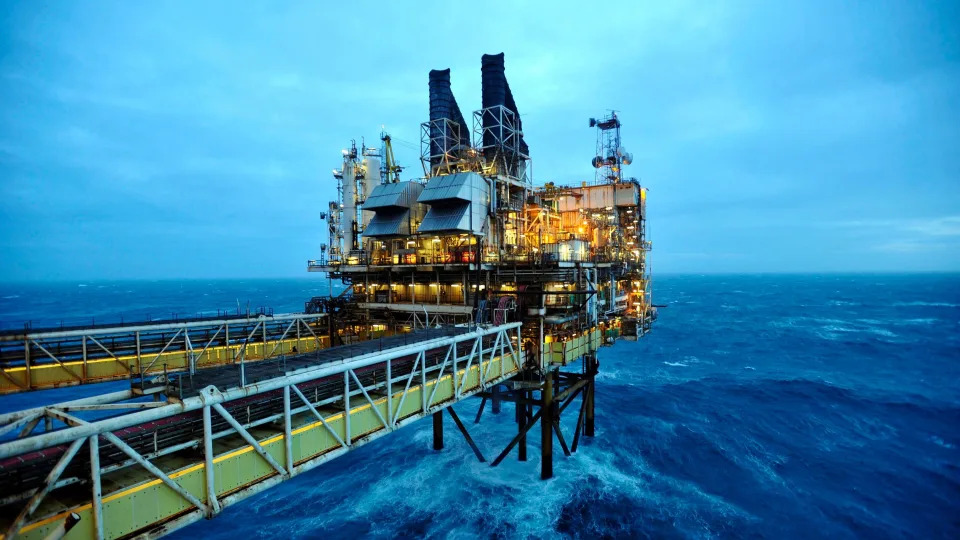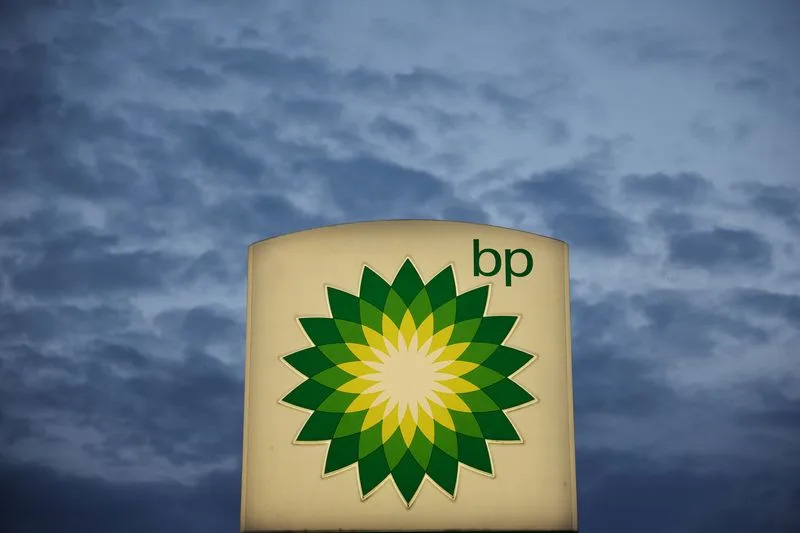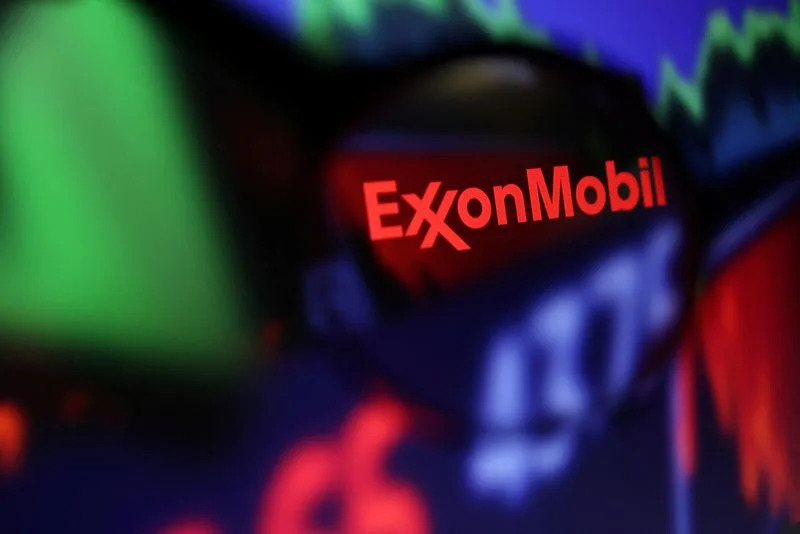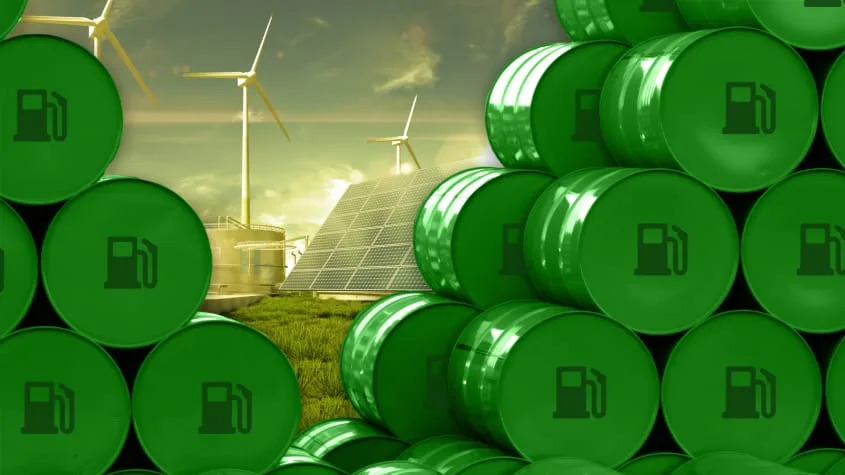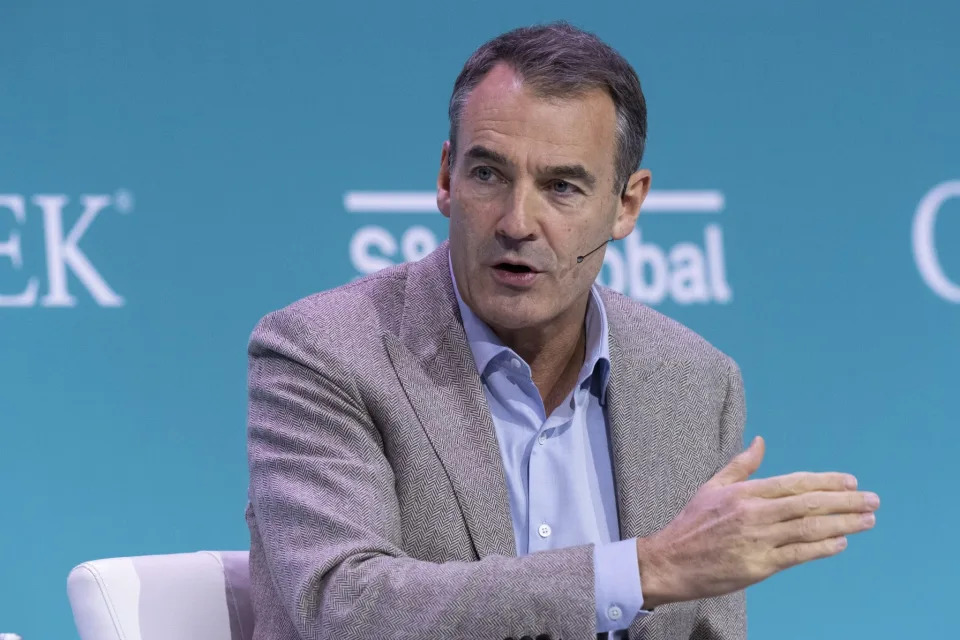Sarah Huckabee Sanders says Biden has given into ‘woke mob’ in hardcore culture war speech
State of the Union GOP Response
Arkansas Governor Sarah Huckabee Sanders accused President Joe Biden of being a slave to a “woke mob” in the Republican response to the president’s State of the Union address that leaned heavily on social conservatism that has animated much of the GOP.
Ms Sanders, who won her election last year, served as former president Donald Trump’s press secretary and touched on her time in that role during her speech. But for the most part, she said Mr Biden was putting America on poor footing.
She noted how she was the youngest governor in the country while Mr Biden was the oldest president in history, a record previously held by Mr Trump.
“I’m the first woman to lead my state,” she said. “He’s the first man to surrender his presidency to a woke mob that can’t even tell you what a woman is.”
Republicans have frequently pilloried Democrats by asking “what is a woman,” while referencing transgender women as “biological males.”
“Whether Joe Biden believes this madness or is simply too weak to resist it, his administration has been completely hijacked by the radical left,” she said.
“Every day, we are told that we must partake in their rituals, salute their flags, and worship their false idols,” she said. “All while big government colludes with Big Tech to strip away the most American thing there is—your Freedom of speech.”
Ms Huckabee, the daughter of former presidential candidate Arkansas governor Mike Huckabee, touted the fact that she banned the teaching of “critical race theory” and the use of the term “Latinx,” a gender neutral term to describe people of Latin American descent that is meant to be inclusive of LGBTQ+ people.
“Americans want common sense from their leaders, but in Washington, the Biden administration is doubling down on crazy,” she said. She accused Mr Biden of wasting the accomplishments of the Trump administration.
“Despite Democrats’ trillions in reckless spending and mountains of debt, we now have the worst border crisis in American history,” she said. Similarly, she criticised Democrats for letting crime run rampant.
““And after years of Democrat attacks on law enforcement and calls to ‘defund the police, violent criminals roam free, while law-abiding families live in fear,” she said, despite the fact that Mr Biden and many other Democrats in Congress do not support defunding the police, though some cities and localities have reallocated money from policing to other services.
She also criticised the president for showing weakness on China, Ukraine and Afghanistan.
“President Biden is unwilling to defend our border, defend our skies, and defend our people. He is unfit to serve as commander in chief,” she said.
Ms Huckabee Sanders was one of two addresses that the GOP gave. Representative Juan Ciscomani, a freshman Republican of Arizona and an immigrant from Mexico, delivered the rebuttal to the State of the Union in Spanish.
Sarah Huckabee Sanders' 'Normal Or Crazy' Challenge Backfires Spectacularly
Wed, February 8, 2023
Arkansas Gov. Sarah Huckabee Sanders delivered the Republican response to President Joe Biden’s State of the Union address on Tuesday night, and it was loaded with the expected right-wing culture-war grievances.
Sanders’ speech included attacks on LGBTQ rights, critical race theory, the “woke mob” and more.
But it also contained one line that probably didn’t get the reaction she was hoping.
“The choice is no longer between right or left,” declared Sanders, former press secretary to Donald Trump. “The choice is between normal and crazy.”
Many agreed ― just not in the way she was likely expecting as they pointed to her party’s own extremists, and in particular the wild behavior of conspiracy theorist Rep. Marjorie Taylor Greene (R-Ga.) just minutes earlier during Biden’s speech:
